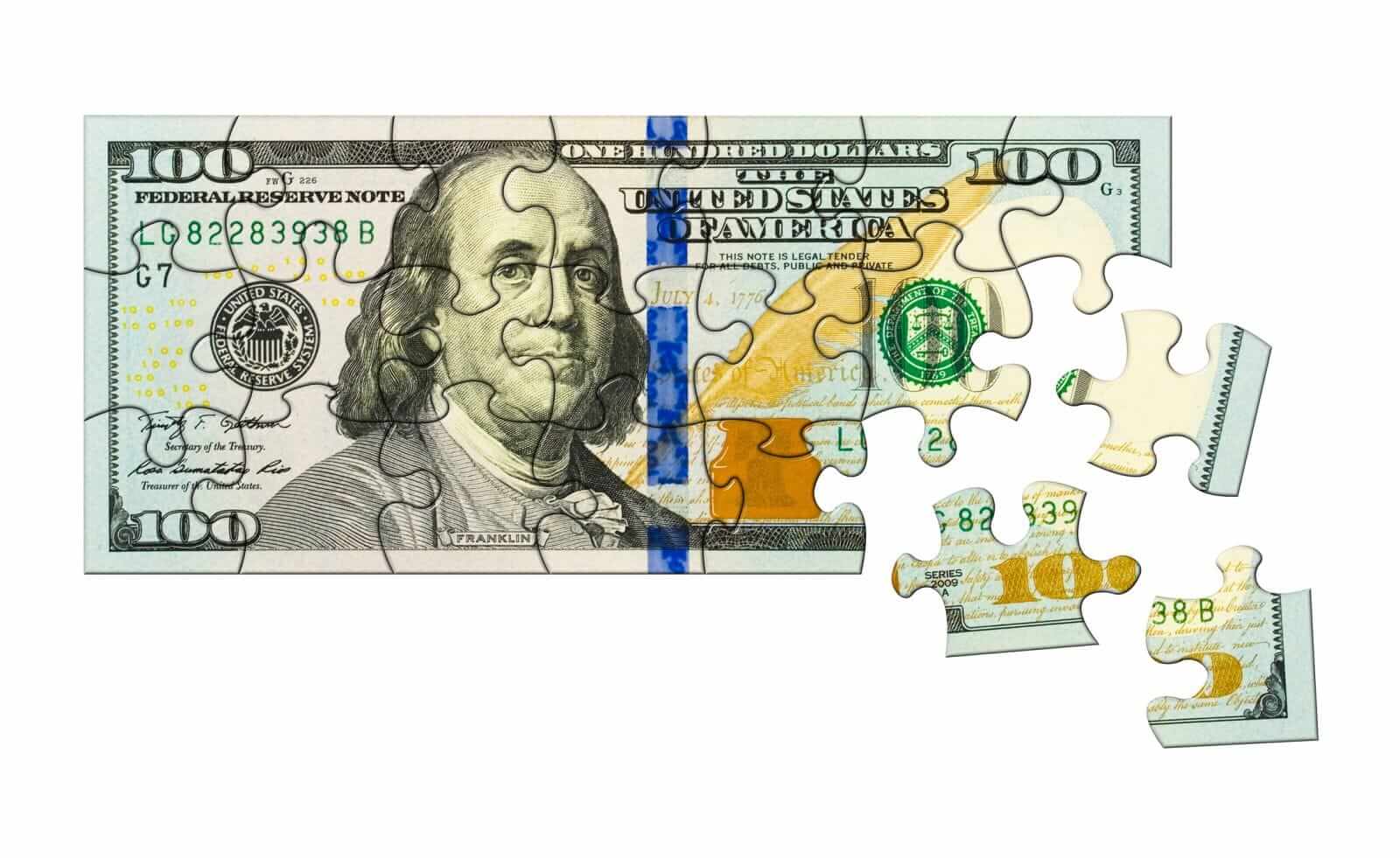
The dollar index (DXY00) Friday rose by +0.11%. The dollar posted modest gains Friday in hopes of de-escalation of the US-China trade war. Bloomberg reported Friday that the Chinese government is considering suspending the 125% tariffs on some US imports, including medical equipment and industrial chemicals like ethane. The dollar also garnered support after the University of Michigan US Apr consumer sentiment index was unexpectedly revised upward.
The dollar fell back from its best levels Friday due to concern that the US-China trade war would drag on and weigh on US growth prospects after President Trump said the US would not lower tariffs on China unless "they give us something substantial."
The University of Michigan US Apr consumer sentiment index was unexpectedly revised upward by +1.4 points to 52.2 from the previously reported 50.8, stronger than expectations of 50.5.
The University of Michigan US Apr 1-year inflation expectations indicator was revised lower to +6.5% from the previously reported +6.7%, weaker than expectations of an upward revision to +6.8%.
The markets are discounting the chances at 11% for a -25 bp rate cut after the May 6-7 FOMC meeting, down from a 30% chance last week.
EUR/USD (^EURUSD) Friday fell by -0.11%. The euro was under pressure Friday from a stronger dollar. Also, dovish ECB comments Friday undercut the euro. ECB President Lagarde said, "Downside risks to economic growth have increased," and ECB Governing Council member Holzmann said he sees a disinflationary impact in the Eurozone from US tariffs. The euro recovered from its worst levels Friday after the dollar fell back from early highs when President Trump said the US won't lower tariffs on China unless "they give us something substantial."
ECB President Lagarde said, "Downside risks to economic growth have increased," highlighting the "major escalation in global trade tensions."
ECB Governing Council member Holzmann said, "So far, the net impact from the US tariff announcements seems to be rather deflationary than inflationary."
Swaps are discounting the chances at 98% for a -25 bp rate cut by the ECB at the June 5 policy meeting.
USD/JPY (^USDJPY) Friday rose by +0.65%. The yen fell to a 1-1/2 week low against the dollar Friday on signs of de-escalation of the US-China trade war, which reduced safe-haven demand for the yen after Bloomberg reported that the Chinese government is considering suspending the 125% tariffs on some US imports. Also, Friday's rally in the Nikkei Stock Index to a 3-1/2 week low curbed safe-haven demand for the yen. Losses in the yen were limited after Friday's news that Japan's Tokyo Apr CPI rose more than expected, a hawkish factor for BOJ policy. Also, lower T-note yields on Friday limited losses in the yen.
Japan Apr Tokyo CPI rose +3.5% y/y, stronger than expectations of +3.3% y/y and the biggest increase in 2 years. Apr Tokyo CPI ex-fresh food and energy rose +3.1% y/y, stronger than expectations of +2.8% y/y and the biggest increase in 14 months.
June gold (GCM25) Friday closed down -50.20 (-1.50%), and May silver (SIK25) closed down -0.493 (-1.47%). Precious metals prices retreated Friday due to a stronger dollar. Also, hopes for a de-escalation of the US-China trade war sparked long liquidation pressures in precious metals Friday after Bloomberg reported that the Chinese government is considering suspending the 125% tariffs on some US imports, including medical equipment and industrial chemicals like ethane. In addition, Friday's news showing Japan's Apr Tokyo CPI rose more than expected may prompt the BOJ to keep raising interest rates, a negative factor for precious metals.
Lower T-note yields Friday were supportive of precious metals. Also, dovish comments from ECB President Lagarde were dovish for ECB policy and bullish for gold when she said, "Downside risks to economic growth have increased." In addition, geopolitical risks in the Middle East are boosting safe-haven demand for precious metals as the Israel-Hamas and the US-Houthi conflicts continue.
On the date of publication, Rich Asplund did not have (either directly or indirectly) positions in any of the securities mentioned in this article. All information and data in this article is solely for informational purposes. For more information please view the Barchart Disclosure Policy here.






